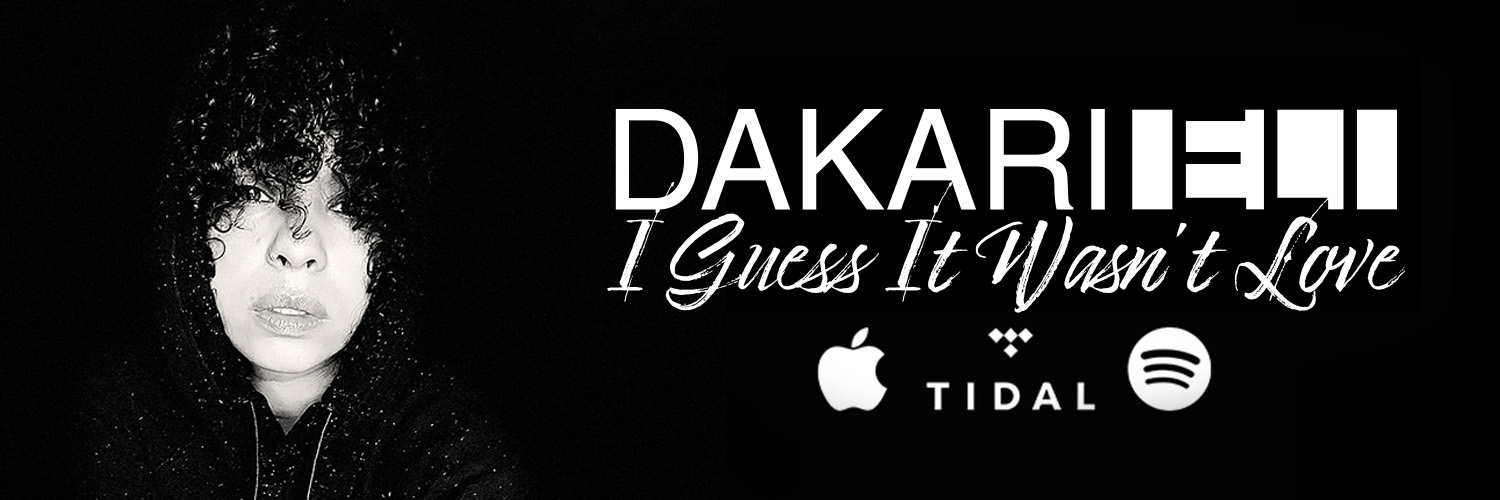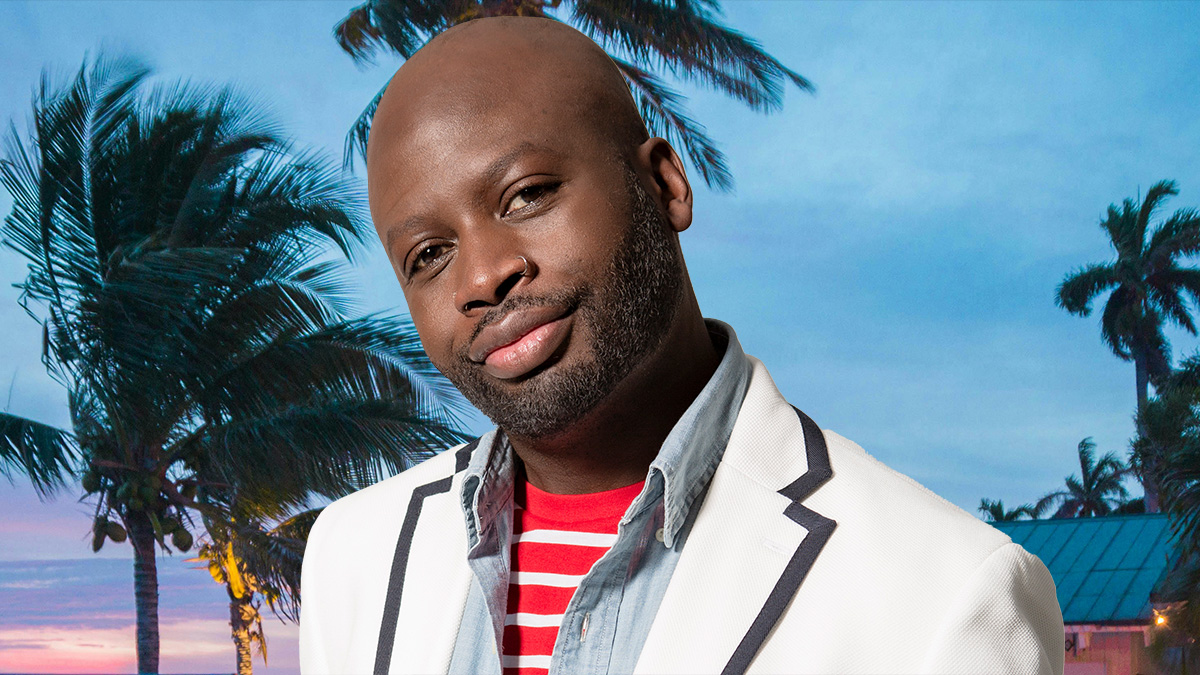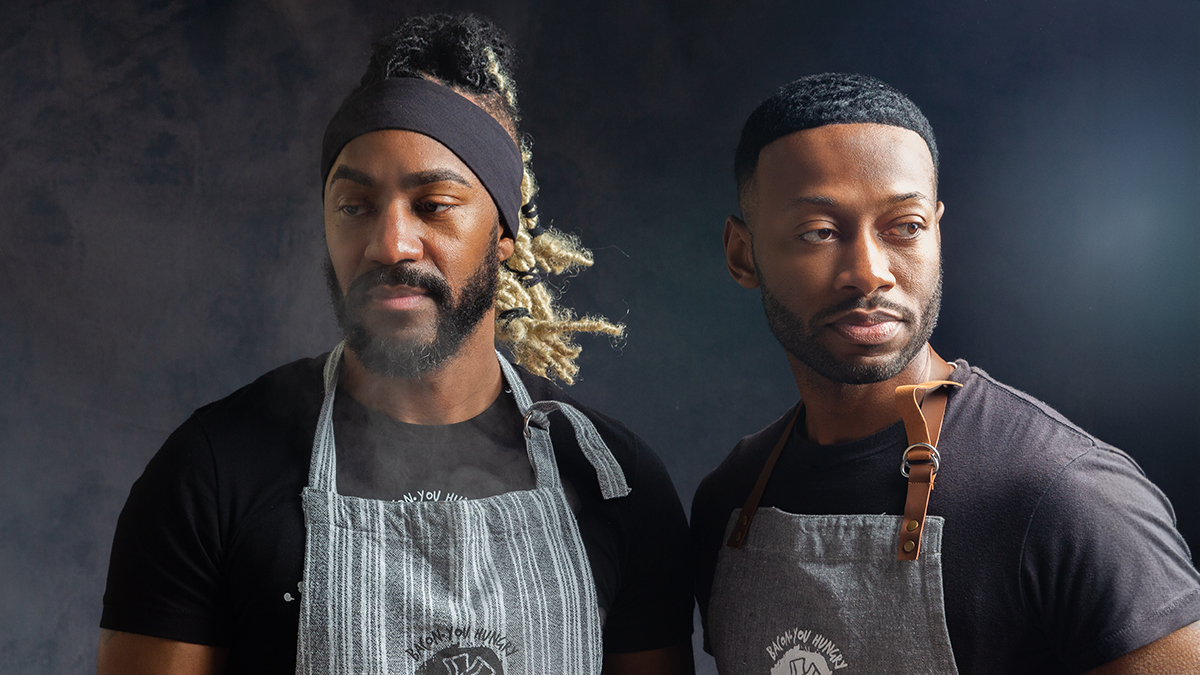When a celebrity abuse scandal breaks, everyone has something to say, and they’re not afraid to post about it. But during all the hot takes and hashtags, we often forget there are human beings at the center of the story—the survivors.
For Cassie Ventura, who spoke out against her abuser Sean “P. Diddy” Combs, the onslaught of online commentary must have been overwhelming. Imagine having your trauma splashed across headlines and timelines, dissected by millions of strangers. Imagine reading those strangers’ comments, many of them dismissive, doubtful, or outright hostile. Most times, it is an additional layer of psychological abuse and bullying.
Whenever we engage in an online debate, we risk retraumatizing the victim. But by understanding the different types of commenters and their motivations, we can learn to navigate these conversations more responsibly.
The Loyal Fans
Loyal fans are the abuser’s most vocal defenders. No matter what, they’ll go to bat for their idol, even in the face of damning evidence. In Diddy’s case, loyal fans flooded comment sections with claims that Cassie was lying, that she provoked him, and that it wasn’t a big deal.
Debating a loyal fan is often a losing battle. They’re not interested in facts or empathy; they’re only interested in defending their favorite celebrity at all costs. Engaging them directly rarely changes minds; it only amplifies their harmful message.
The Enablers
Enablers are the industry insiders and associates who turned a blind eye to the abuse for years, only to express shock once the truth came out. They’ll wring their hands about how they never could have known, while survivors roll their eyes.
In online debates, enablers play innocent and shift blame. “Why didn’t she speak up sooner?” “He was never like that around me.” They center their own feelings and reputations over the victim’s lived experience.
The Cautious Observers
Cautious observers make up the “let’s wait and see” crowd. They pride themselves on withholding judgment until all the facts are in. In abuse cases, this often translates to intense scrutiny of the victim’s every word and action.
On the internet, cautious observers often advocate for themselves. They’ll pick apart a survivor’s story, looking for inconsistencies or reasons to doubt it. They insist on “hearing both sides,” even when one side is a known abuser with a track record.
The Advocates
Finally, there are the advocates—those who are actively fighting for the rights of survivors. They’re the first to believe, and they are the voices demanding accountability. However, unproductive online debates can sometimes ensnare even well-meaning advocates.
It’s tempting to engage in a heated debate with a devoted fan or succumb to the influence of an enabler. But before jumping into the fray, pause and consider the impact on the survivor. Is it necessary to have this debate now, while someone just found the courage to speak out and is still processing their trauma?
At the end of the day, we all have a choice to make. We can be loyal fans, enablers, cautious observers, or advocates. If you choose to be an advocate, pick your battles carefully, as online debates can be incredibly triggering and retraumatizing.
Elona Washington
Disclaimer: The views expressed in this editorial are solely those of the author and do not necessarily reflect the opinions or positions of the publication, its editors, or any affiliated organizations. The information provided in this article is for general informational purposes only and should not be considered professional advice.












